1. The caree has unexplained cuts, bruises or injuries
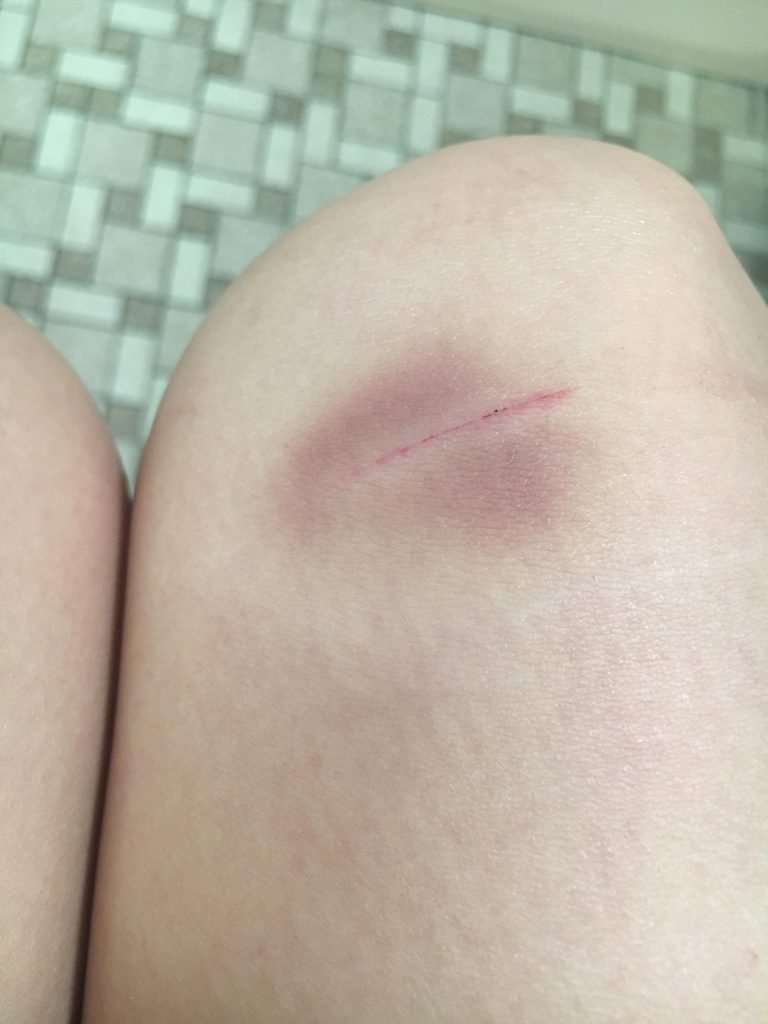 image source: reddit.com
image source: reddit.com
If you notice unexplained bruises, cuts, or injuries on an individual, especially in various stages of healing or occurring frequently, it could be a sign of physical abuse. These injuries may be in locations that are typically covered by clothing, suggesting that the caregiver is intentionally causing harm where it won't be readily visible.
2. They flinch around the carer or shows signs of fear
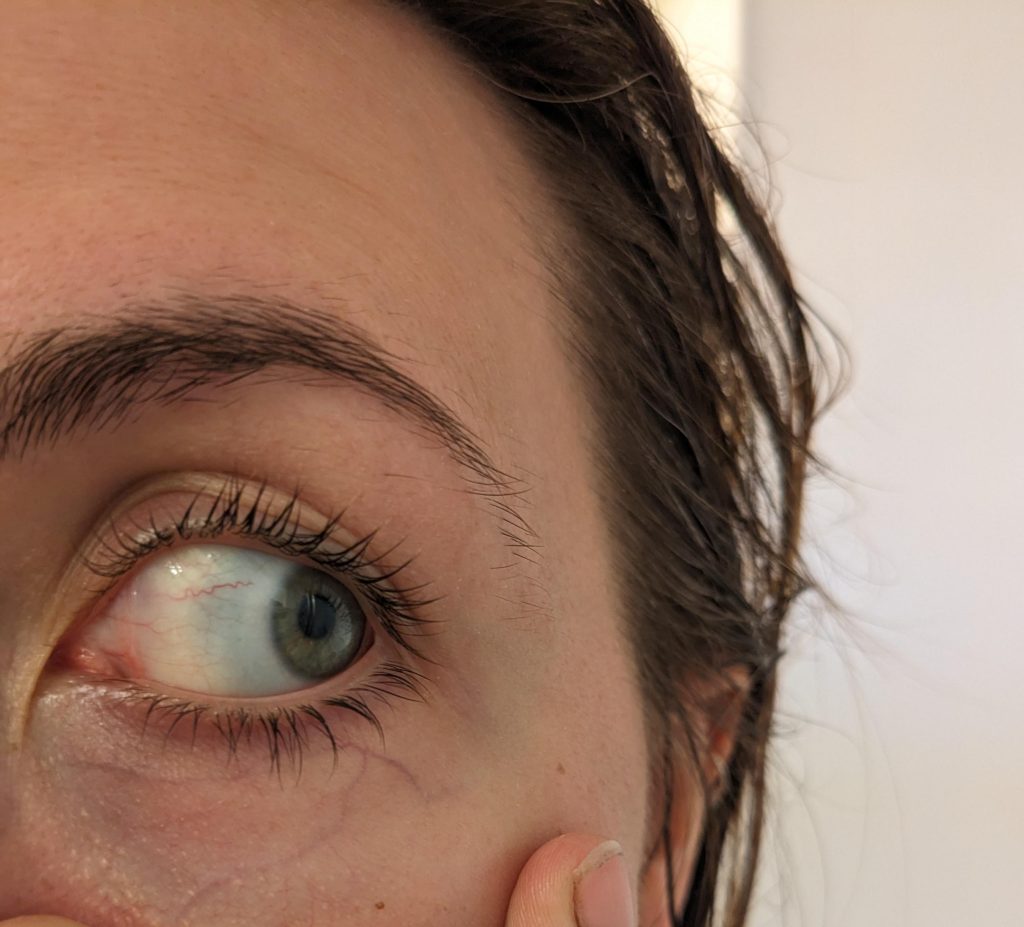 image source: reddit.com
image source: reddit.com
Observing an individual exhibiting signs of fear or flinching in the presence of their caregiver is a concerning red flag for potential abuse. This behavior may manifest as the individual recoiling, trembling, or avoiding eye contact when the caregiver approaches or speaks to them. Such reactions indicate a deep-seated fear of the caregiver, suggesting that the individual has experienced threatening or intimidating behavior.
3. They have a reluctance to be touched - by anyone, not just by the carer
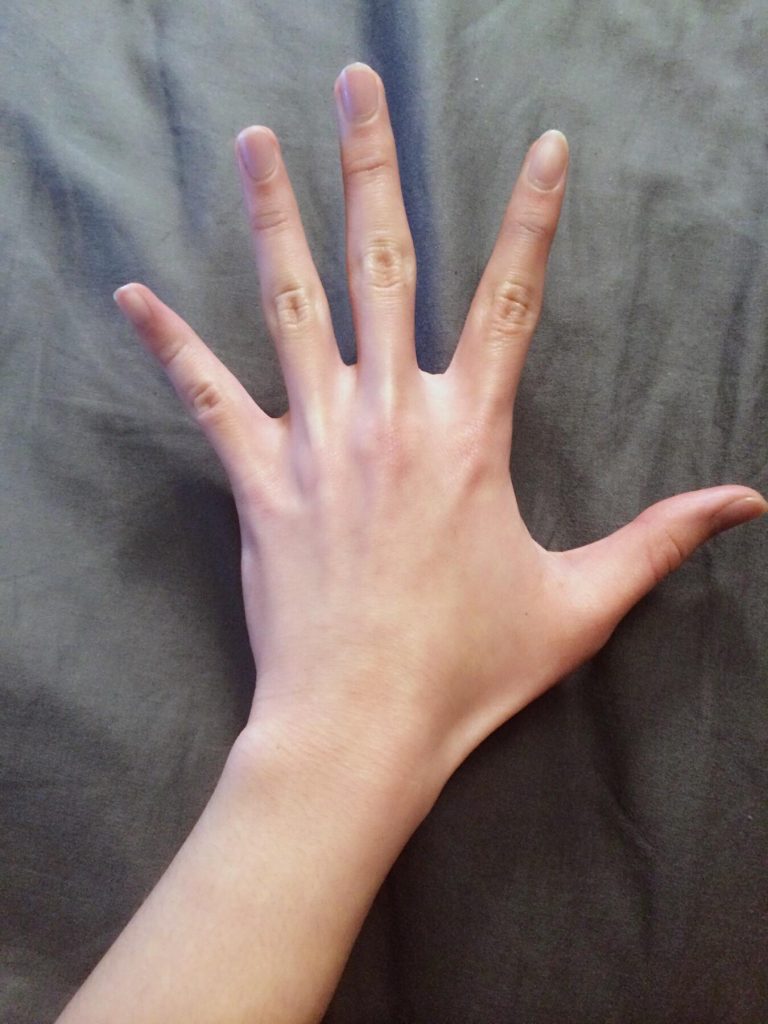 image source: reddit.com
image source: reddit.com
If an individual displays a strong reluctance or aversion to being touched or examined, especially in situations where physical contact is necessary for their well-being, it may indicate past trauma or ongoing abuse. This reluctance could manifest as the individual pulling away, tensing their body, or expressing distress when approached for routine tasks such as bathing, dressing changes, or medical examinations.
4. There might be signs of previous restraints, such as rope marks on the arms
 image source: reddit.com
image source: reddit.com
Discovering signs of physical restraint, such as rope marks on the wrists or other parts of the body, is a clear indication that the individual has been subjected to coercive and potentially abusive practices. These marks may appear as redness, bruising, or abrasions on the skin, indicating that the individual has been forcibly restrained to prevent movement or escape.
5. The caree has begun to withdraw from activities or interactions
 image source: reddit.com
image source: reddit.com
When an individual withdraws from their usual activities or social interactions, it could indicate a response to emotional or psychological abuse inflicted by a caregiver. This withdrawal may manifest as a lack of interest in hobbies or activities they once enjoyed, avoiding social gatherings or family events, or spending an excessive amount of time alone.
6. They've started strange behavior, like rocking or mumbling
 image source: reddit.com
image source: reddit.com
Observing unusual behaviors such as rocking back and forth, mumbling, or other repetitive actions can be indicative of emotional distress or trauma resulting from caregiver abuse. These behaviors may serve as coping mechanisms for the individual to manage feelings of anxiety, fear, or helplessness in response to abusive treatment.
7. The carer makes belittling comments, or even insults
 image source: reddit.com
image source: reddit.com
The use of verbal threats, insults, or belittling comments by a caregiver towards an individual constitutes emotional abuse and can have profound psychological consequences. These abusive behaviors may take the form of name-calling, yelling, demeaning remarks, or threats of harm or abandonment. Such verbal abuse undermines the individual's sense of self-worth and can lead to feelings of shame.
8. You've noticed missing valuables or money
 image source: reddit.com
image source: reddit.com
Detecting sudden changes in an elder's financial situation, such as unexplained disappearance of money or valuable possessions, raises serious concerns about potential financial exploitation by a caregiver. These changes may manifest as significant withdrawals from bank accounts, missing cash, or disappearing jewelry or other valuable items.
9. The caree's bank accounts has suspicious withdrawals
 image source: reddit.com
image source: reddit.com
Unexplained withdrawals from an elder's bank accounts, particularly when the elder is unable to provide a valid explanation or has no recollection of the transactions, are clear indicators of financial abuse. These withdrawals may be made without the elder's consent or knowledge, depleting their savings and leaving them vulnerable to financial hardship.
10. The carer refuses to let them take care of their own finances
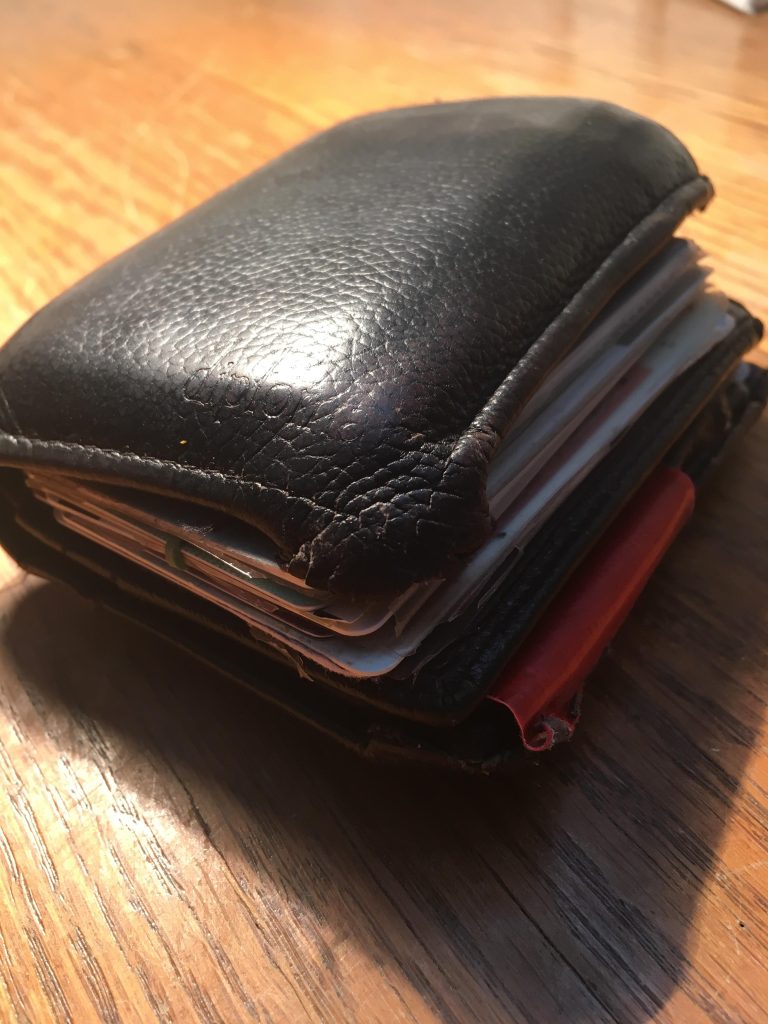 image source: reddit.com
image source: reddit.com
A caregiver's refusal to grant an elder access to their own finances or financial documents constitutes a form of financial abuse and control, depriving the elder of their autonomy and ability to manage their affairs independently. This refusal may be accompanied by excuses or justifications intended to conceal the caregiver's actions and maintain their power and control over the elder's finances.
11. Signatures have been forged on any sort of document
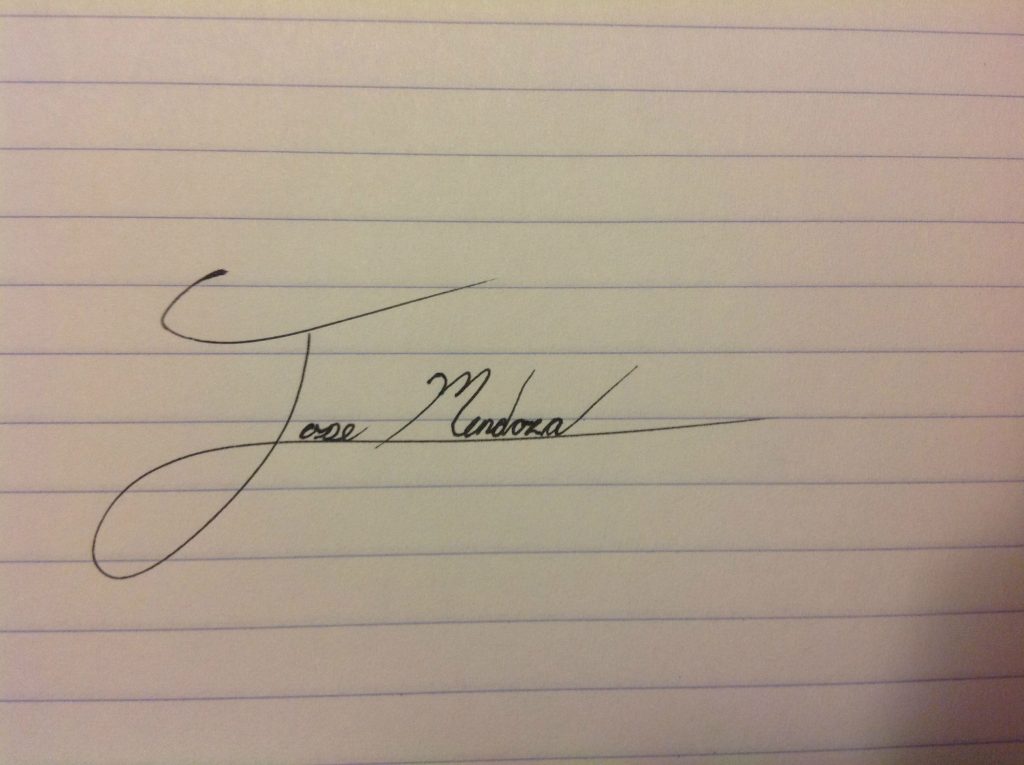 image source: reddit.com
image source: reddit.com
Discovering forged signatures on financial documents, such as checks, contracts, or estate planning documents, is a clear indication of financial abuse perpetrated by a caregiver. These forgeries may be used to fraudulently obtain access to the elder's assets, manipulate their estate planning decisions, or transfer ownership of property without their consent.
12. There are signs of poor personal hygiene or living conditions
 image source: reddit.com
image source: reddit.com
Observing poor personal hygiene or living conditions in an elder under the care of another individual raises significant concerns about neglect and inadequate caregiving. Poor personal hygiene may manifest as unwashed clothing, body odor, dirty hair, or visibly neglected grooming habits. Additionally, living conditions may deteriorate.
13. Unexplained weight loss or signs of malnutrition
 image source: reddit.com
image source: reddit.com
Unexplained weight loss or signs of malnutrition in an elder suggest significant gaps in their nutritional intake and overall well-being, raising concerns about neglect or inadequate caregiving. These signs may include visible changes in the elder's appearance, such as sunken eyes, loose-fitting clothing, or protruding bones.
14. Medical aids like hearing aids or glasses are never around
 image source: reddit.com
image source: reddit.com
Discovering that an elder lacks necessary medical aids, such as glasses, hearing aids, mobility devices, or other assistive devices, suggests neglect and a failure to address the elder's healthcare needs adequately. These aids are essential for maintaining the elder's quality of life and independence, allowing them to engage in daily activities and communicate effectively.
15. Any medications or medical care are constantly missed

image source: reddit.com
Failure to provide necessary medications or medical care to an elder constitutes a form of neglect and places their health and well-being at risk. This neglect may manifest as missed doses of medication, delays in seeking medical attention for health concerns, or refusal to follow medical recommendations.
16. The caree's loved ones are actually stopped from seeing them by the carer
 image source: reddit.com
image source: reddit.com
When a caregiver actively prevents an elder from socializing with friends, family, or engaging in activities outside the home, it can be a form of emotional abuse and isolation. This restriction on social interactions may manifest as the caregiver discouraging or outright prohibiting visits from loved ones, or controlling the elder's schedule to prevent outings or social gatherings.
17. The caree is always confined to one specific space or room
 image source: reddit.com
image source: reddit.com
When a caregiver restricts an elder's movement or confines them to a specific area of the home, it constitutes a form of physical and psychological confinement and control. This confinement may take the form of locking doors or gates to prevent the elder from leaving certain areas, restricting access to mobility aids or assistive devices, or imposing arbitrary rules or limitations on the elder's freedom of movement.
18. Phone calls or visits are always monitored
 image source: reddit.com
image source: reddit.com
When a caregiver monitors an elder's phone calls or visits with others, it can be a form of emotional manipulation, control, and invasion of privacy. This monitoring may involve listening in on phone conversations, reading mail or email correspondence, or eavesdropping on visits with friends or family members. Such intrusive behavior undermines the elder's sense of privacy, trust, and autonomy.
19. The carer limits access to communication or transportation
 image source: reddit.com
image source: reddit.com
When a caregiver engages in controlling behavior by restricting an elder's access to transportation or communication, it becomes a means of exerting power and control. This may involve withholding access to a vehicle or arranging transportation only at the caregiver's convenience, limiting the elder's ability to engage in activities outside the home.
20. Gaslighting is definitely at play
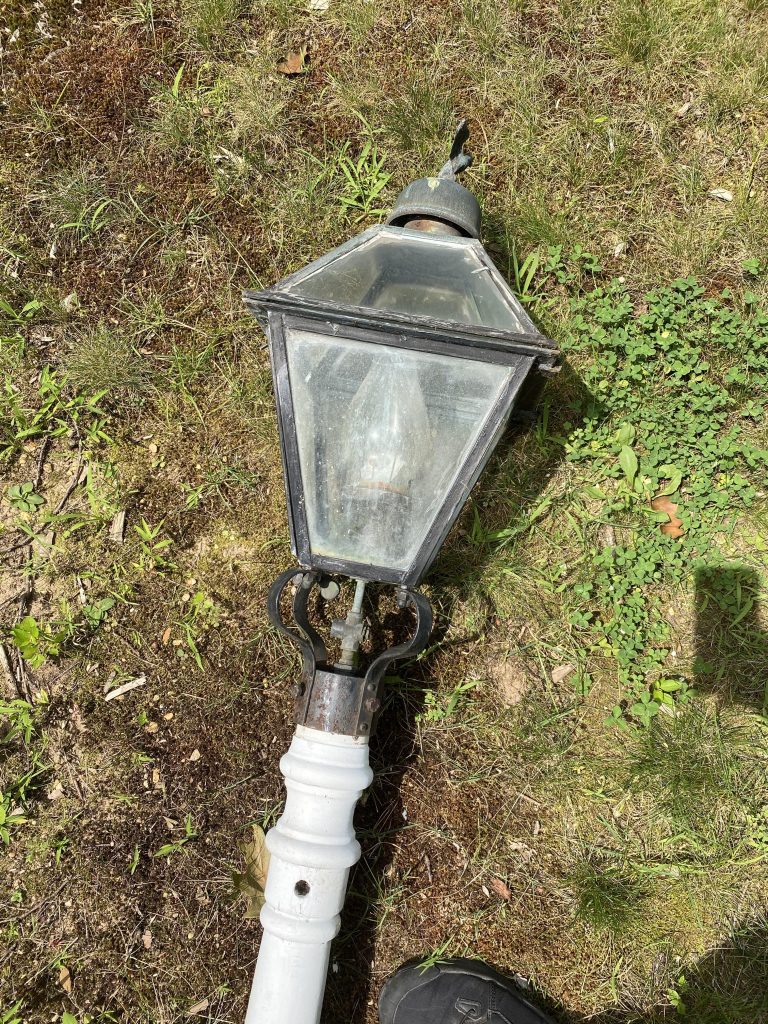 image source: reddit.com
image source: reddit.com
Gaslighting is a form of psychological abuse in which a caregiver manipulates an elder's perception of reality, causing them to doubt their memory, perception, or sanity. This manipulation may take the form of denying or minimizing abusive behavior, blaming the elder for imagined offenses, or rewriting history to cast doubt on the elder's recollection of events.
21. Basic needs, like food, are being restricted
 image source: reddit.com
image source: reddit.com
When a caregiver restricts an elder's access to food, medication, or other basic needs as a form of control, it constitutes a severe form of abuse and neglect that threatens the elder's health and well-being. This restriction may involve withholding meals or medications as punishment, or imposing arbitrary rules or limitations.
22. They might even have unexplained STIs
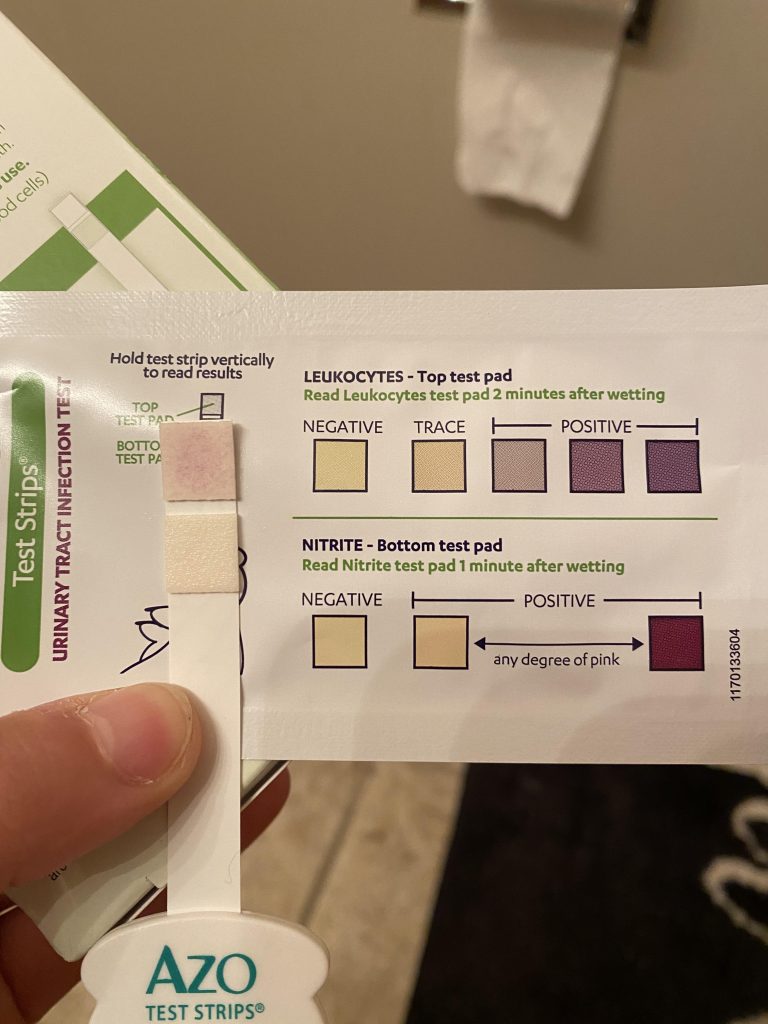 image source: reddit.com
image source: reddit.com
Discovering unexplained s*xually transmitted infections or injuries in an elder raises significant concerns about potential s*xual abuse by a caregiver or perhaps even another individual. These infections or injuries may manifest as genital pain, irritation, unusual discharge, or visible bruising or trauma.
23. You've found torn or stained clothing
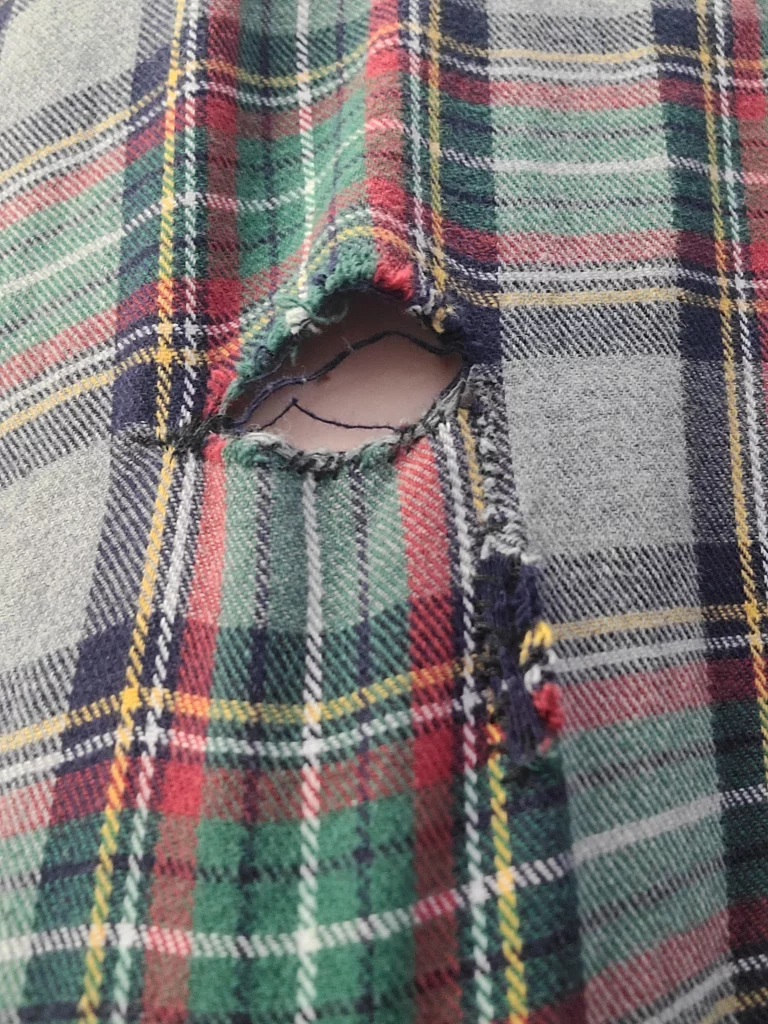 image source: reddit.com
image source: reddit.com
Discovering torn or stained clothing on an elder raises concerns about potential physical abuse or neglect by a caregiver. These signs may indicate that the elder has been subjected to rough handling, restraint, or other forms of physical mistreatment that result in damage to their clothing. Additionally, stains on clothing may suggest poor personal hygiene.
24. There are sudden emotional outbursts or mood swings
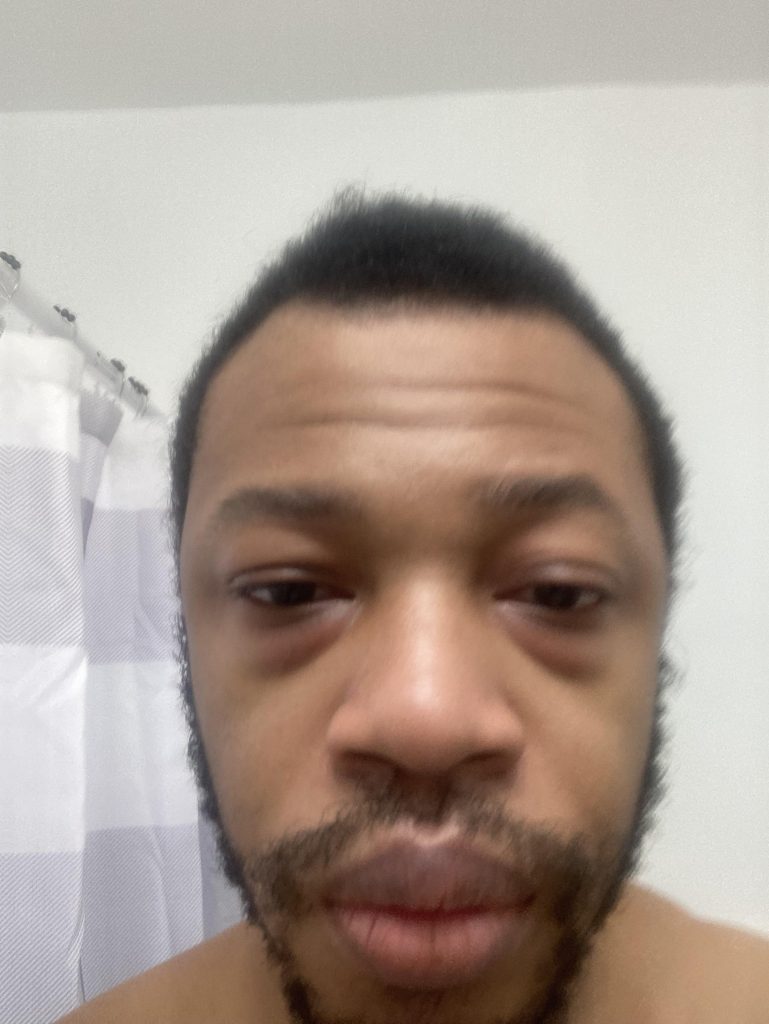 image source: reddit.com
image source: reddit.com
Observing sudden mood swings or emotional outbursts in an elder can be indicative of underlying emotional distress or psychological trauma, possibly resulting from abusive treatment by a caregiver. These mood swings may manifest as abrupt shifts from calm to agitation, irritability, or anger, without apparent cause or trigger.
25. There's a delay in medical attention or appointments being made for serious issues
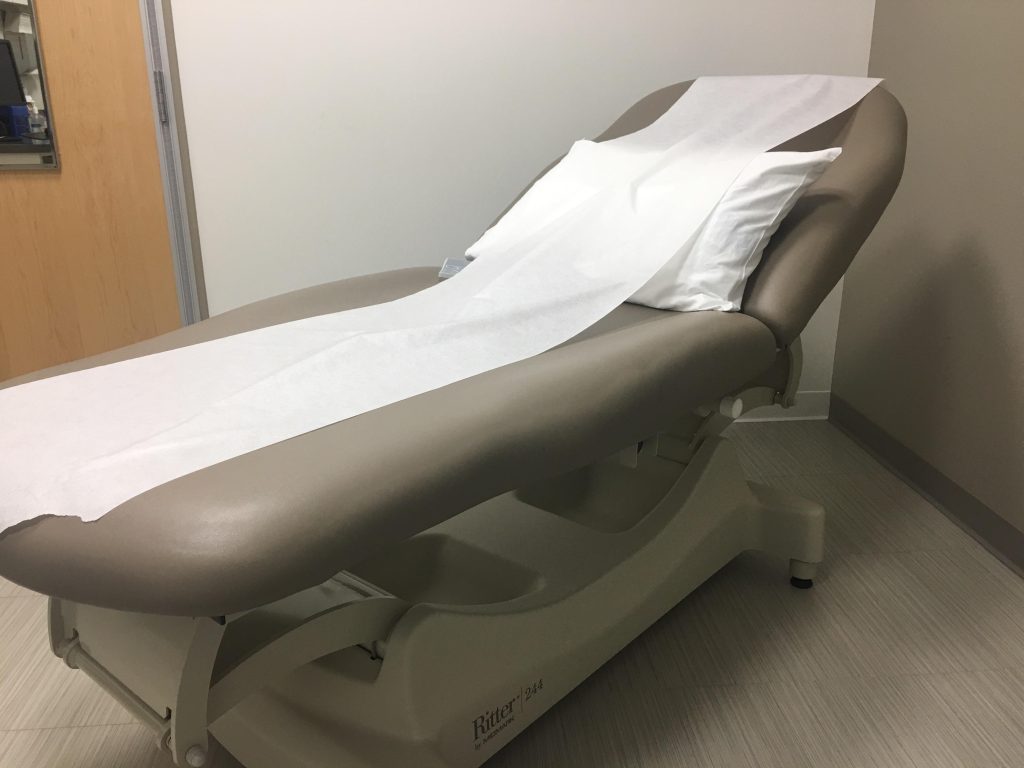 image source: reddit.com
image source: reddit.com
When there is a delay in seeking medical care for an elder's injuries or health concerns, it can indicate neglect or failure on the part of the caregiver to prioritize the elder's health and well-being. This delay may result from the caregiver downplaying the severity of the elder's symptoms, dismissing their complaints, or intentionally delaying medical attention to avoid detection of abuse or neglect.
26. The caree always seems to be having accidents, like trips and falls
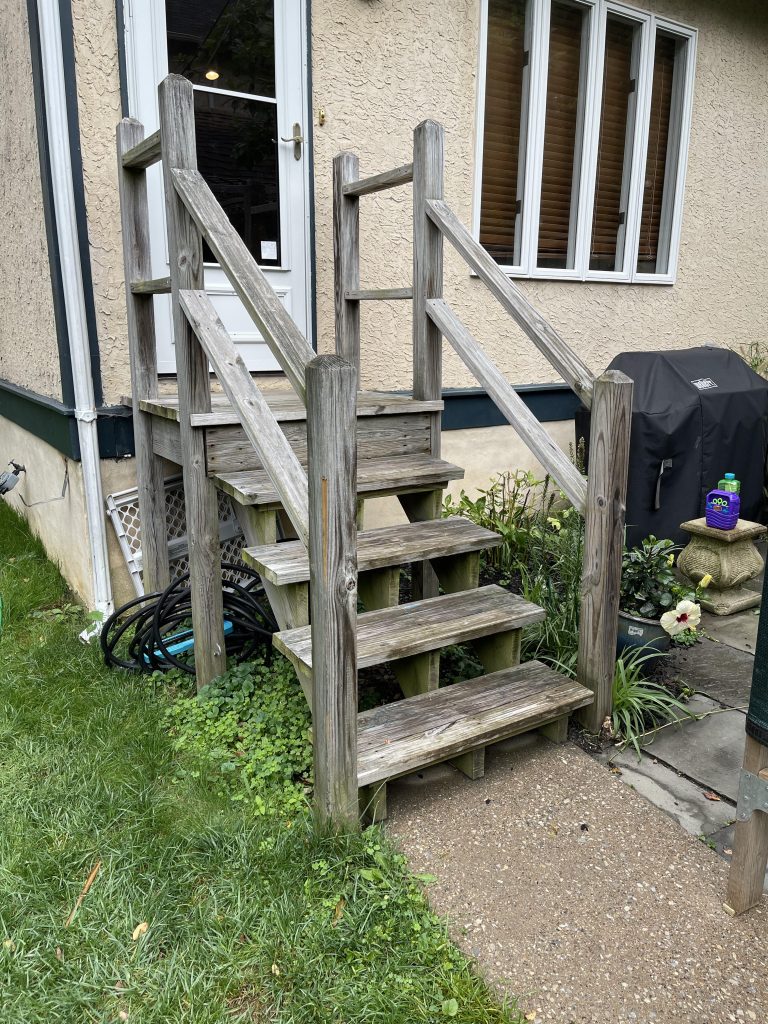 image source: reddit.com
image source: reddit.com
Discovering multiple unexplained injuries or frequent accidents in an elder raises significant concerns about potential physical abuse or neglect by a caregiver. These injuries may manifest as bruises, cuts, fractures, or other trauma that cannot be adequately explained by accidents or falls.
27. The carer actually has a history of aggression
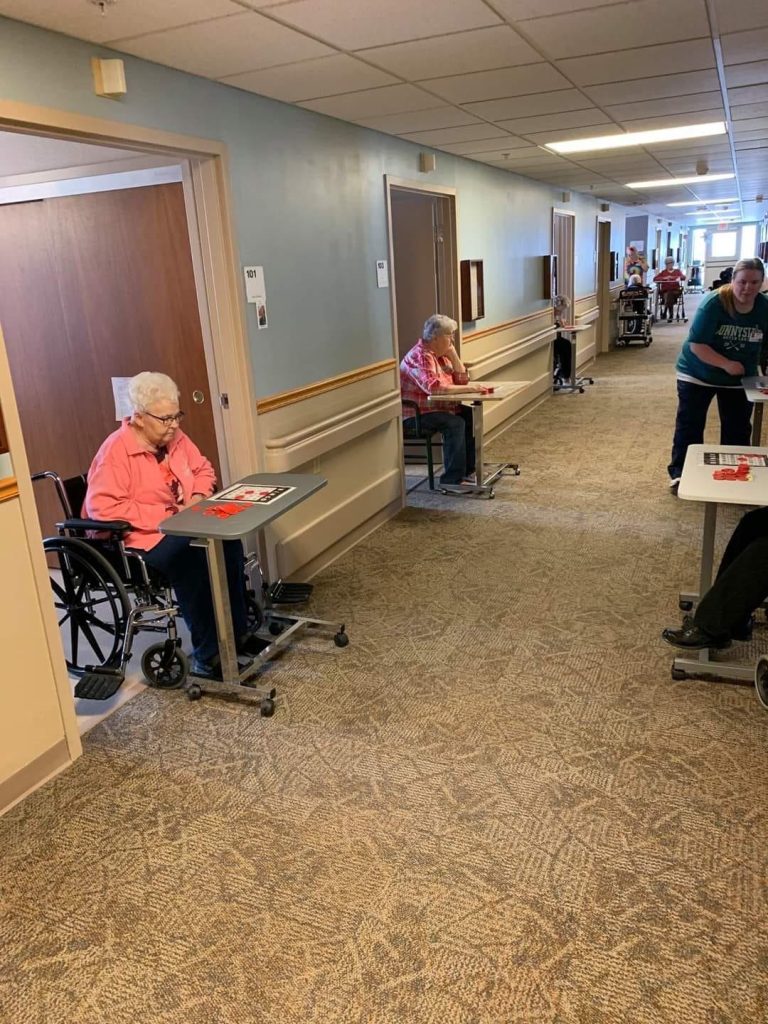 image source: reddit.com
image source: reddit.com
A caregiver with a history of violence or aggression towards others poses a significant risk to the elder's safety and well-being. This history may include documented incidents of physical or verbal abuse towards family members, previous clients, or others in their care. Such behavior indicates a pattern of abusive tendencies.
28. They always avoid questions about the caree's level of care
 image source: reddit.com
image source: reddit.com
A caregiver's avoidance of questions about the elder's well-being or care raises red flags about potential neglect or mistreatment. This avoidance may manifest as deflecting questions, providing vague or evasive responses, or refusing to engage in conversations about the elder's health or safety. Such behavior indicates a lack of transparency.
29. The carer's story always seems to change depending on who they're talking to
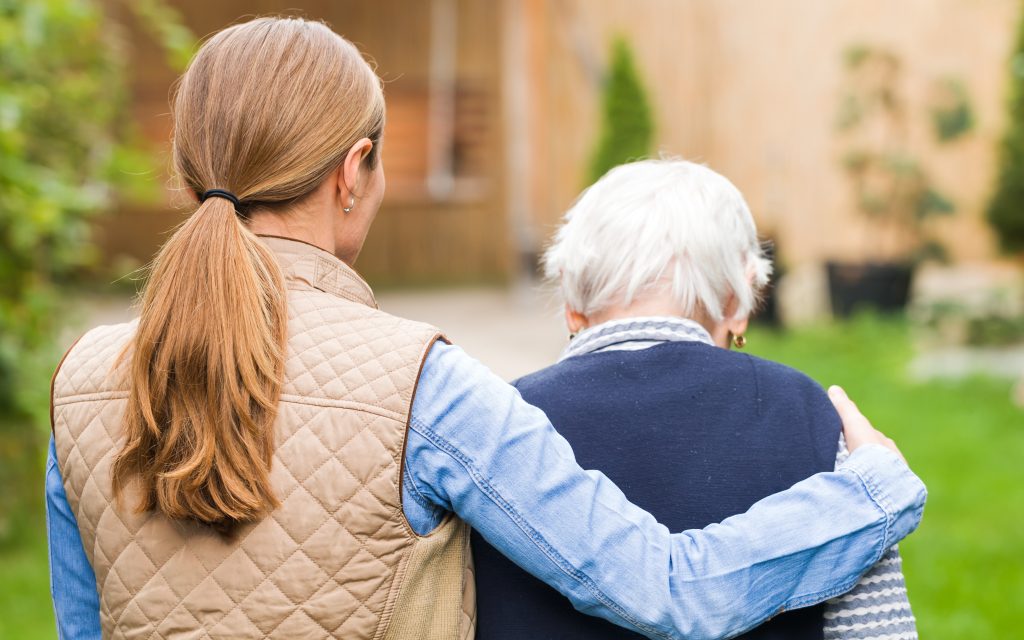
image source: ucl.ac.uk
When a caregiver provides inconsistent or changing accounts of events when questioned by others, it raises concerns about potential dishonesty or deception. These changes in the caregiver's story may occur when questioned by family members, healthcare providers, or authorities about the elder's well-being or care. Such inconsistencies suggest that the caregiver may be attempting to conceal abusive behavior.
30. The caree is overly submissive or always gives in

image source: imgur.com
Observing the elder displaying signs of submissiveness or excessive compliance with the caregiver's demands raises concerns about potential psychological manipulation or coercion. This behavior may manifest as the elder deferring to the caregiver's decisions without question, acquiescing to unreasonable demands or requests, or expressing an inability to assert their own preferences or needs.
31. There are mounting unpaid bills even though the caree should have the money
 image source: reddit.com
image source: reddit.com
Discovering unpaid bills or financial obligations despite the elder having adequate resources to cover these expenses raises concerns about potential financial mismanagement or exploitation by a caregiver. These unpaid bills may include utilities, rent or mortgage payments, medical expenses, or other essential costs necessary for the elder's well-being and quality of life.
32. The caree has spoken about sentimental or comfort items that have gone missing
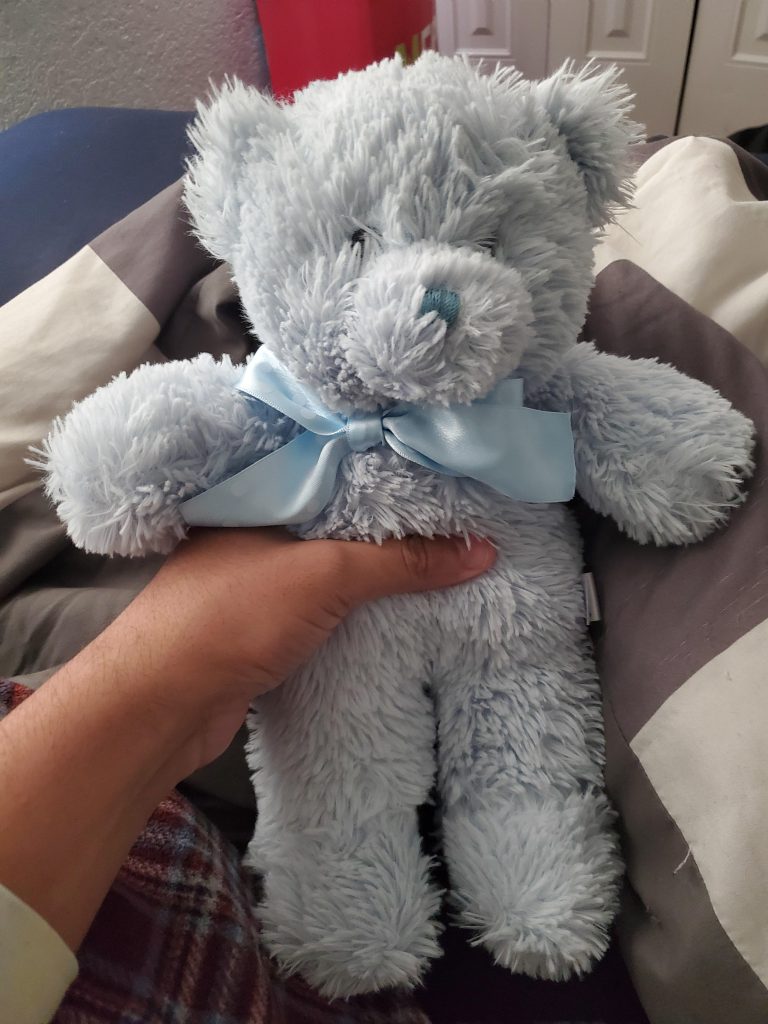 image source: reddit.com
image source: reddit.com
When a caregiver withholds or takes away an elder's personal belongings or comfort items, it is a form of psychological manipulation and control that deprives the elder of their sense of security and autonomy. These belongings may include sentimental items, clothing, photographs, or other possessions that hold personal value. By withholding these items, the caregiver exerts power over the elder.
33. The caree doesn't have any sort of healthy sleep pattern
 image source: reddit.com
image source: reddit.com
Observing disrupted sleep patterns or difficulty sleeping in an elder due to stress or fear indicates significant emotional distress and psychological suffering resulting from abusive treatment or mistreatment by a caregiver. These disruptions may manifest as difficulty falling asleep, or frequent waking during the night.
34. The caree's phone calls, messages and emails are always monitored
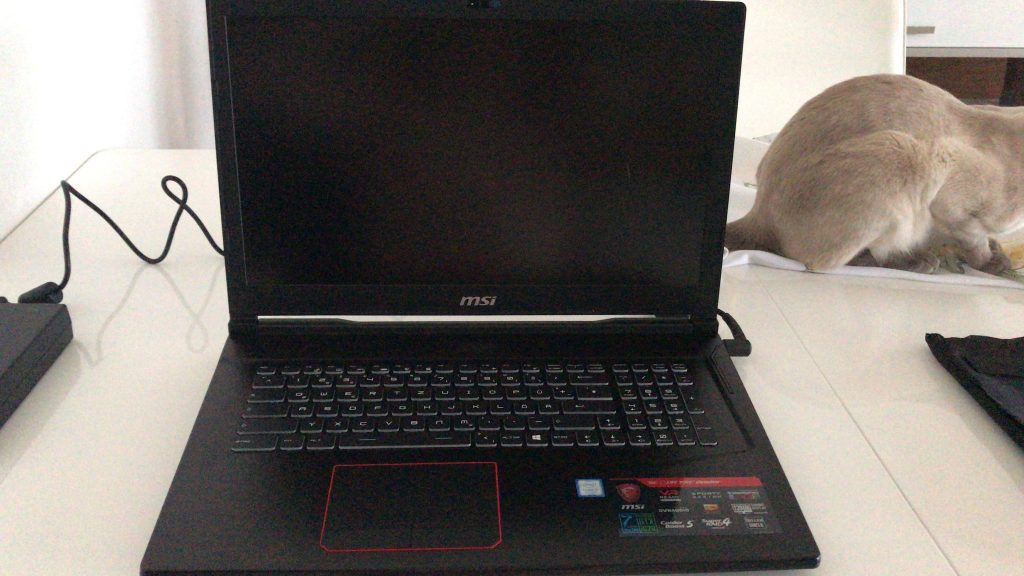 image source: reddit.com
image source: reddit.com
This monitoring may involve listening in on conversations, restricting or controlling access to communication devices, or monitoring the elder's interactions with friends, family, or support networks and reading emails. Such intrusive behavior undermines the elder's ability to maintain connections with loved ones and seek help or support when needed.
35. Medication is being given in incorrect doses
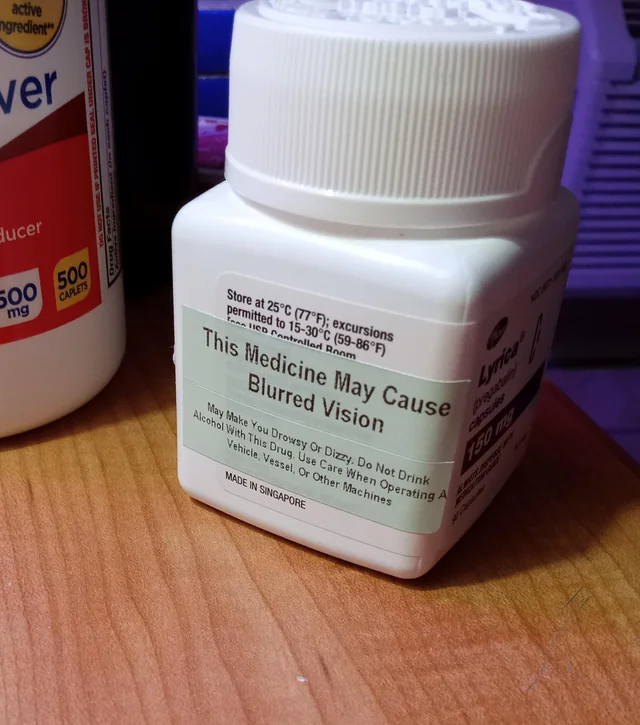 image source: reddit.com
image source: reddit.com
When a caregiver withholds medication or administers incorrect doses to an elder, it constitutes a form of neglect and medical mistreatment that jeopardizes the elder's health and well-being. This withholding or mismanagement of medication may result from negligence, intentional harm, or lack of knowledge or understanding of the elder's medical needs.
36. The caree acts completely embarrassed by the carer in public

image source: reddit.com
Observing the elder displaying signs of shame or embarrassment around the caregiver, particularly in public settings, suggests a toxic and abusive dynamic in their relationship. These signs may manifest as the elder avoiding eye contact, withdrawing physically, or displaying submissive body language in the presence of the caregiver.
37. They never make eye contact with the carer

image source: reddit.com
When an elder avoids eye contact or physical contact with the caregiver, it suggests a breakdown in trust and rapport in their relationship, potentially resulting from abusive treatment or mistreatment. This avoidance behavior may manifest as the elder turning away, crossing their arms, or creating physical distance from the caregiver to avoid interaction or engagement.
38. The caree has dropped hints about being scared of repercussions or speaking up
 image source: forbes.com
image source: forbes.com
When an elder expresses fear of retaliation or consequences if they speak out against the caregiver, it indicates a significant power imbalance and potential coercion or intimidation in their relationship. This fear may manifest as reluctance to disclose abuse or mistreatment, hesitancy to seek help or support, or anxiety about the repercussions of speaking out against the caregiver.
39. The caree is capable of doing certain things independently - but the carer still does them
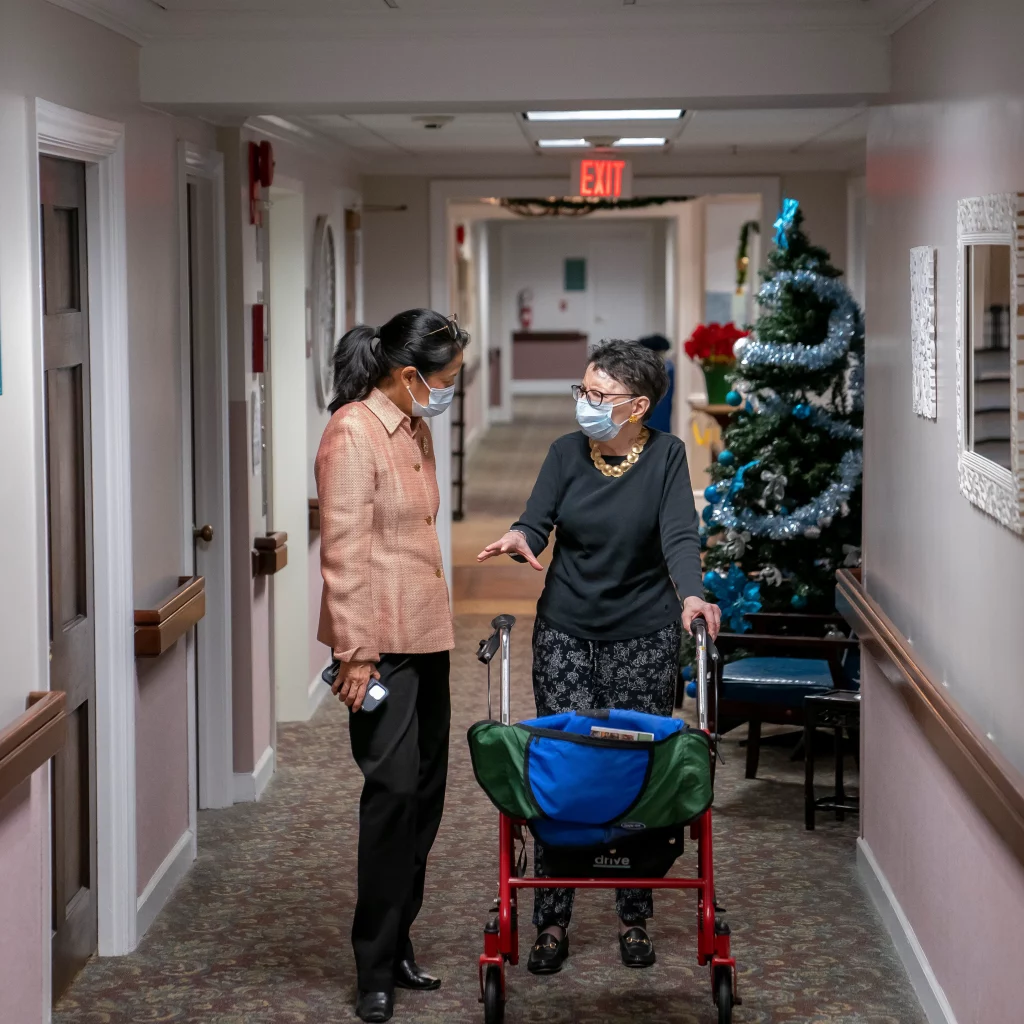 image source: usatoday.com
image source: usatoday.com
Observing an elder who excessively relies on the caregiver for all daily tasks, despite being capable of some activities independently, may indicate an unhealthy dependency fostered by the caregiver. This excessive reliance often results from a caregiver exerting control, manipulating the elder into believing they are incapable, or discouraging their independence to maintain dominance or control over them.
40. The caree now has complete inability to make any decision by themselves
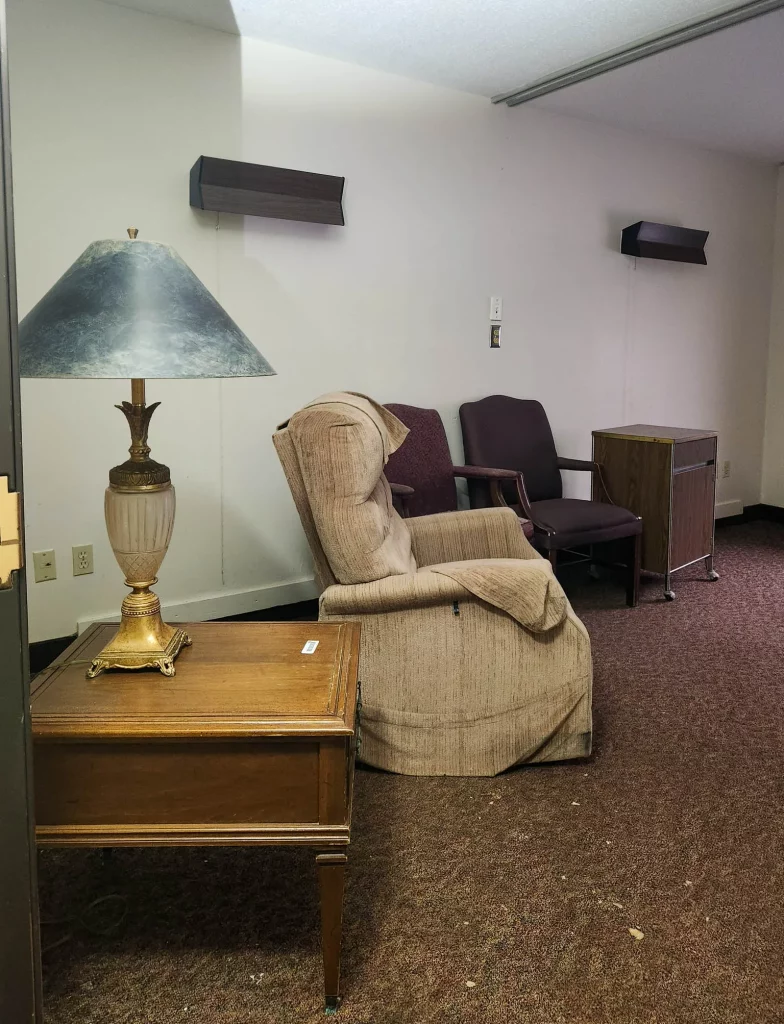 image source: reddit.com
image source: reddit.com
Learned helplessness occurs when an elder becomes conditioned to believe they have no control over their circumstances and consequently become passive and dependent on the caregiver for decision-making. This behavior often stems from prolonged exposure to abusive or controlling caregiving dynamics.
41. The caree seems to have an increased number of nightmares
 image source: reddit.com
image source: reddit.com
Experiencing flashbacks or nightmares related to past traumatic experiences with the caregiver indicates significant emotional distress and unresolved trauma resulting from abusive treatment or mistreatment. These traumatic experiences may include physical, emotional, or psychological abuse inflicted by the caregiver, leading to lasting psychological scars and symptoms of post-traumatic stress disorder (PTSD).
42. They're in a constant state of hypervigilance
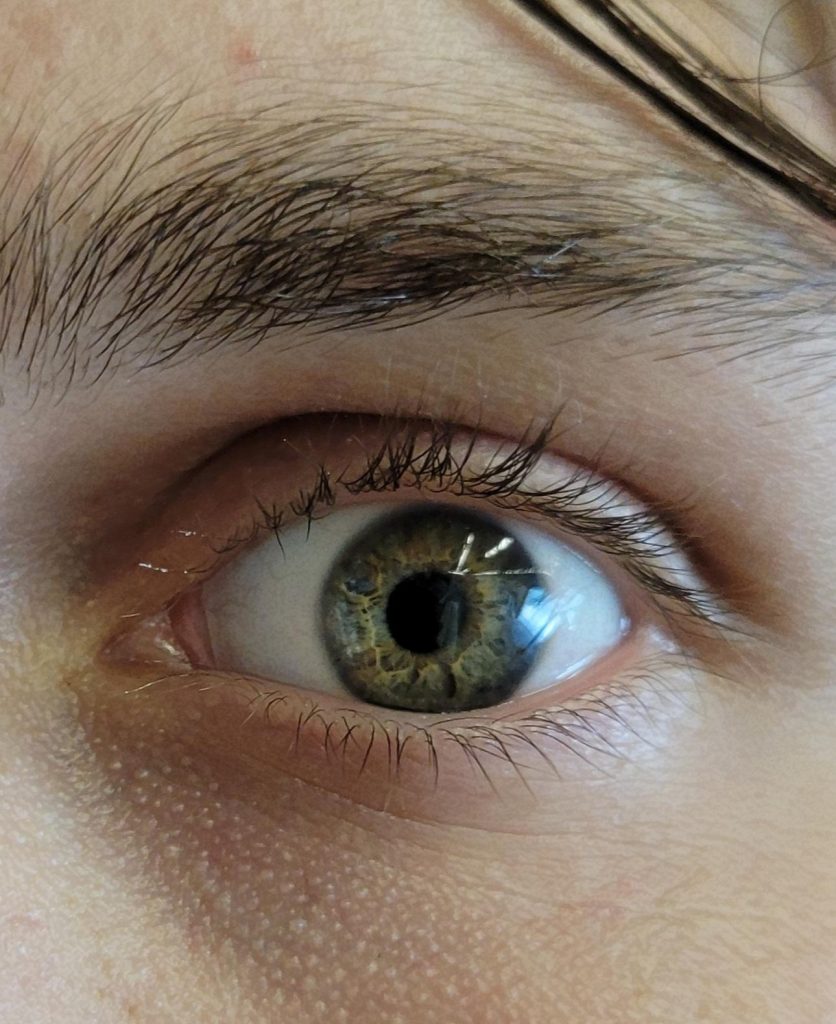 image source: reddit.com
image source: reddit.com
Hypervigilance and exaggerated startle responses in an elder suggest heightened arousal and sensitivity to potential threats or triggers, often resulting from past traumatic experiences or ongoing abuse. These responses may manifest as heightened awareness of environmental cues, increased vigilance for signs of danger, or an exaggerated startle reaction to sudden noises or movements.
43. If you suspect an abusive carer, here's what you should do: keep a detailed record of what you've seen
 image source: reddit.com
image source: reddit.com
Keeping a detailed record of any signs or behaviors that indicate potential abuse is crucial for building a case and ensuring proper investigation. Documenting dates, times, and specific incidents allows for a comprehensive understanding of the situation and can help identify patterns of abuse. It's important to record any conversations you've had.
44. Express your concerns to the caree first
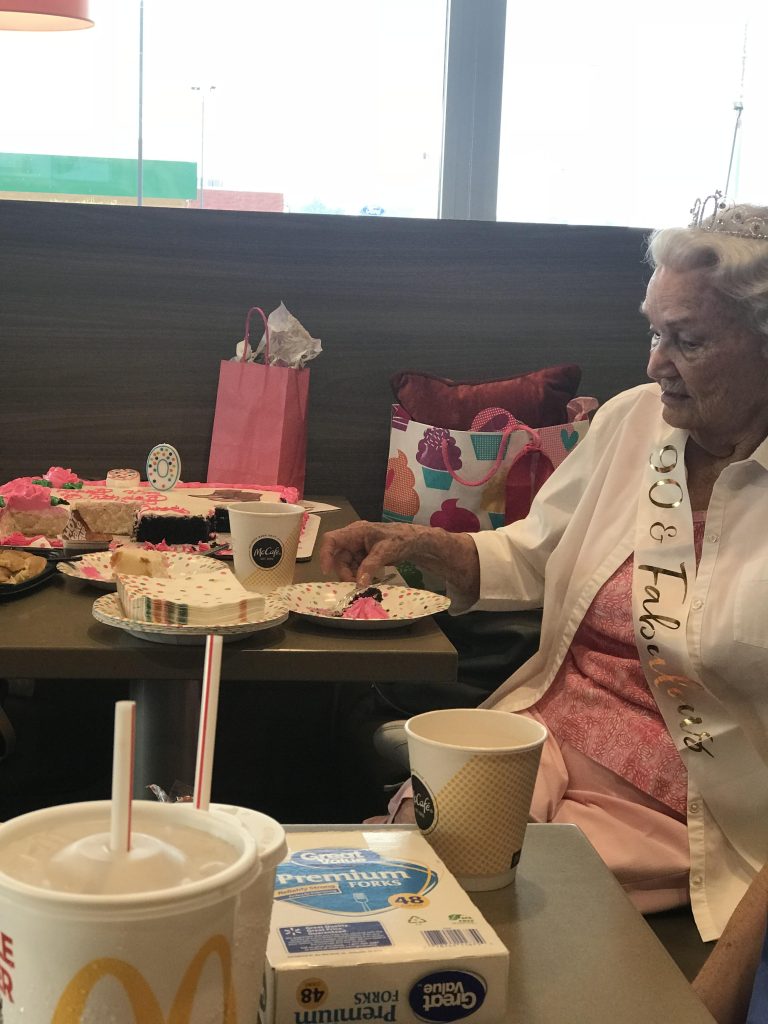 image source: reddit.com
image source: reddit.com
Expressing your concerns directly to the individual being cared for can provide them with a sense of support and validation. Letting them know that you are there for them and willing to listen can encourage them to confide in you if they are experiencing abuse. Assure them that they are not alone in their situation and that help is available to them.
45. Report any abuse to the relevant authorities
 image source: reddit.com
image source: reddit.com
Reporting your suspicions of caregiver abuse to the appropriate authorities is essential for ensuring the safety and well-being of the individual being cared for. Contacting adult protective services, local law enforcement, or a trusted healthcare professional can initiate an investigation into the allegations and provide necessary intervention and support.
46. Provide the caree with emotional support and helplines they can contact
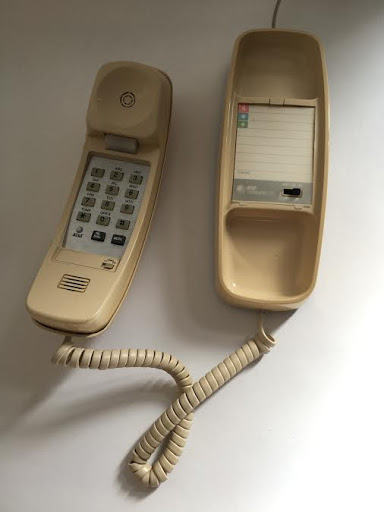
image source: reddit.com
Providing the individual with information about supportive resources available to them is crucial for helping them access the assistance they need. This could include hotlines for victims of abuse, support groups for survivors, or legal services for those seeking protection or recourse. Help them navigate the process of accessing these resources if needed, and continue to offer ongoing support as they navigate the situation.
47. Seek an evaluation from a different healthcare professional
 image source: reddit.com
image source: reddit.com
Encouraging the individual to seek a professional evaluation from a healthcare provider, social worker, or counselor specializing in elder abuse or caregiver issues is crucial for obtaining expert guidance and support. These professionals can assess the situation objectively, validate the individual's experiences, and provide appropriate interventions to address the abuse effectively.
48. Understand when they might need to be taken to immediate safety
 image source: reddit.com
image source: reddit.com
Prioritizing the individual's safety is paramount, especially if you believe they are in immediate danger. Taking steps to ensure their safety may involve helping them find alternative living arrangements, such as staying with a trusted family member or friend, or accessing emergency housing services.
49. Educate yourself further about signs to look for and how to help

image source: reddit.com
Educating yourself about the signs and effects of caregiver abuse, as well as the resources available for victims, is essential for effectively supporting and advocating for individuals experiencing abuse. By familiarizing yourself with common indicators of abuse, such as physical injuries, psychological distress, and financial exploitation, you can better recognize and respond to potential instances of abuse.
50. Continue to monitor the situation and follow up with them
 image source: reddit.com
image source: reddit.com
Continuing to monitor the situation and follow up with authorities or healthcare professionals is essential to ensure that appropriate action is taken to address suspected abuse effectively. Stay engaged and supportive of the individual as they navigate the process of seeking assistance and resolving the situation.
 image source: reddit.com
image source: reddit.com image source: reddit.com
image source: reddit.com image source: reddit.com
image source: reddit.com image source: reddit.com
image source: reddit.com image source: reddit.com
image source: reddit.com image source: reddit.com
image source: reddit.com image source: reddit.com
image source: reddit.com image source: reddit.com
image source: reddit.com image source: reddit.com
image source: reddit.com image source: reddit.com
image source: reddit.com image source: reddit.com
image source: reddit.com image source: reddit.com
image source: reddit.com image source: reddit.com
image source: reddit.com image source: reddit.com
image source: reddit.com
 image source: reddit.com
image source: reddit.com image source: reddit.com
image source: reddit.com image source: reddit.com
image source: reddit.com image source: reddit.com
image source: reddit.com image source: reddit.com
image source: reddit.com image source: reddit.com
image source: reddit.com image source: reddit.com
image source: reddit.com image source: reddit.com
image source: reddit.com image source: reddit.com
image source: reddit.com image source: reddit.com
image source: reddit.com image source: reddit.com
image source: reddit.com image source: reddit.com
image source: reddit.com image source: reddit.com
image source: reddit.com

 image source: reddit.com
image source: reddit.com image source: reddit.com
image source: reddit.com image source: reddit.com
image source: reddit.com image source: reddit.com
image source: reddit.com image source: reddit.com
image source: reddit.com

 image source: forbes.com
image source: forbes.com image source: usatoday.com
image source: usatoday.com image source: reddit.com
image source: reddit.com image source: reddit.com
image source: reddit.com image source: reddit.com
image source: reddit.com image source: reddit.com
image source: reddit.com image source: reddit.com
image source: reddit.com image source: reddit.com
image source: reddit.com
 image source: reddit.com
image source: reddit.com image source: reddit.com
image source: reddit.com
 image source: reddit.com
image source: reddit.com